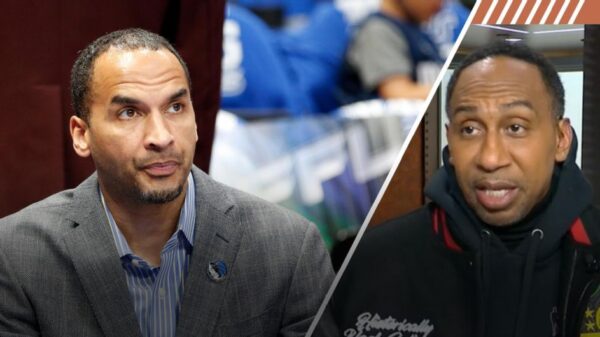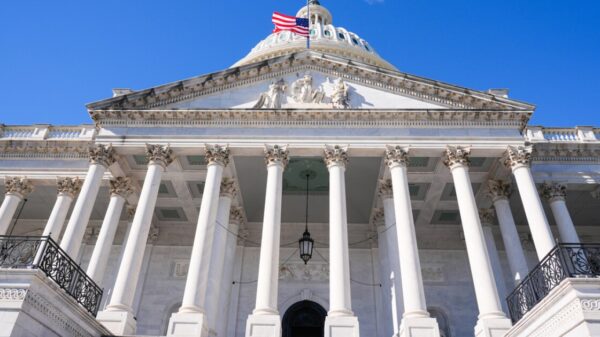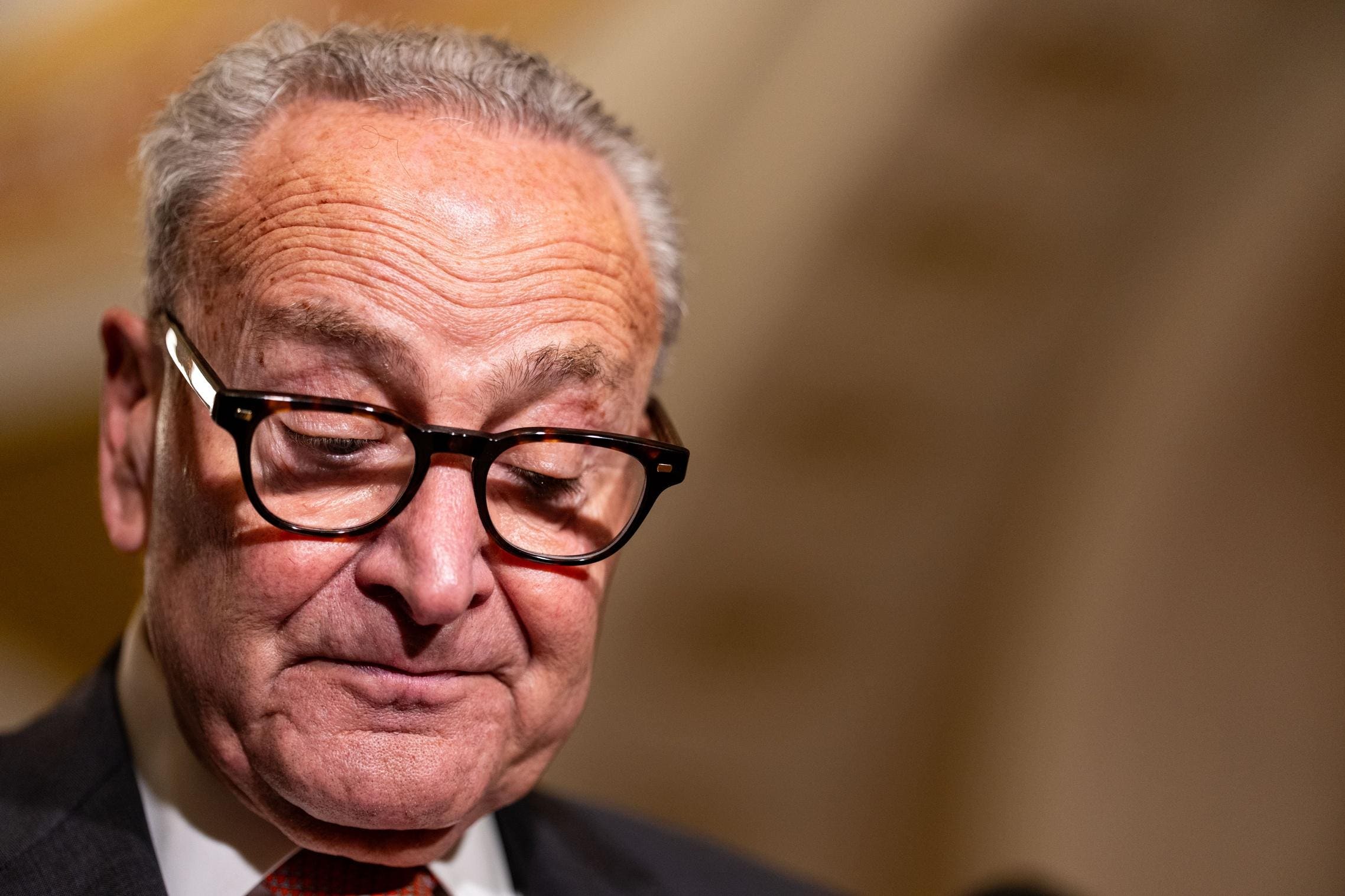UPDATE: The federal government is on the brink of a shutdown, with critical negotiations at a *stalemate* just days before the September 30 deadline. Democrats are leveraging their power by refusing to authorize an extension of the current spending plan, an urgent move that could reshape the political landscape ahead of the midterm elections.
Why This Matters NOW: With only *days remaining*, the stakes are high. If Congress fails to reach an agreement by *October 1*, the government will run out of money, forcing non-essential employees to be furloughed while essential workers, including military personnel, will work without pay. This situation directly impacts millions of Americans and could significantly affect the economy.
Democrats, polling at an alarming *34% favorability rating*—the lowest in history—face immense pressure to repair their public image. Experts suggest that they hold a unique opportunity to reshape their narrative, as they require votes from seven Senate Democrats to overcome the 60-vote filibuster threshold.
The focus of the negotiations centers around the *Affordable Care Act*, with Democrats demanding the extension of enhanced tax credits set to expire at the end of the year. However, political analysts warn that conceding to these demands could inadvertently benefit Republicans in swing districts, complicating the Democrats’ strategy.
Developing Context: Reports from the White House’s Office of Management and Budget indicate that federal agencies have been instructed to prepare for a potential shutdown by identifying areas for cuts. This harsher approach indicates a significant shift in strategy compared to previous shutdowns, where workers were typically furloughed until a new funding agreement was reached.
Democrats are pushing for a funding proposal that extends the government’s budget through *October 31*, including provisions for enhanced security funding and limits on Trump’s ability to reverse previously approved funding. Meanwhile, Republicans are advocating for a *seven-week* continuing resolution to maintain the current budget.
Earlier today, President Trump canceled a scheduled meeting with Democratic leaders, labeling their demands as “unserious and ridiculous.” As tensions rise, the urgency for a resolution becomes critical not just for government operations but for the political future of both parties.
Next Steps: As negotiations continue, all eyes will be on Congress to see if a resolution can be reached before the looming deadline. The outcome will significantly influence the political landscape as both parties prepare for the upcoming midterm elections.
The implications of a government shutdown could resonate far beyond the halls of Congress, impacting federal services, economic stability, and public perception of both parties. Stay tuned for *real-time updates* as this urgent situation unfolds.





































































